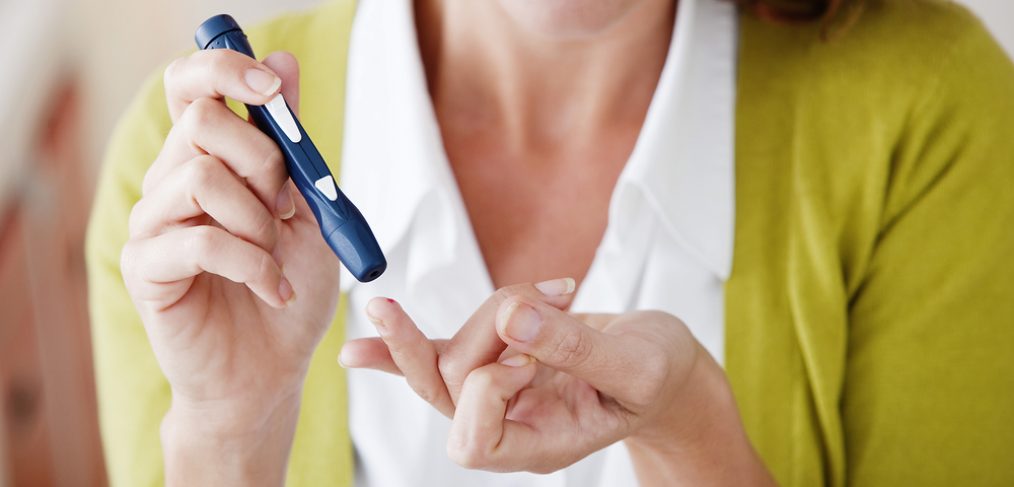Is your television the elephant in the room? That huge flatscreen that claims the attention of everyone in the room, sucking the attention away from books, exercise, and school work. Even turned off, it tempts us as the ideal solution to awkward silences, forced conversation, and strenuous activity. The kids want it, it’s easier than coming up with alternatives, and, let’s face it, you kind of want to see it yourself. So why not just give in and put it on? Because there is a laundry list of research proving that too much television is bad for your kids, and now there’s a new addition. Recent studies link television viewing with childhood diabetes.
The Facts
In a study done by British researchers, 4,500 children between the ages of nine and ten were asked about the amount of time they spent playing computer games and watching television. Of that number, 37% reported screen time of 60 minutes or less, while 18% claimed a daily habit of three or more hours.
An examination of the children to determine insulin resistance, blood sugar levels, amount of body fat and levels of physical activities followed. Results revealed that the children who admitted to three or more hours of screen time per day had a high level of insulin resistance, lower levels of the appetite controlling leptin, and a higher BMI, all of which are known risk factors for type 2 diabetes.

However, before you push the off button on the remote control, keep in mind there are qualifying factors. According to Claire Nightingale, PhD, “Screen time could be capturing something about your behaviors-how much sedentary time you have and how much you break those up, (or) what your dietary habits (are), potentially, In other words, the tv watching may not be the problem, but rather the symptom of a larger problem.
Healthy Media Use
While there are no strict guidelines on how much tv viewing is dangerous, there are a few ways of keeping your child’s screen time down:
- Plan to have media free family time together, like family dinners.
- Designate media free locations in the home.
- Find out how much time your child is spending on media and place limits on hours and types of media.
- Engage in family activities like reading, sports, and talking.
- Model behavior by turning off tv and smartphone during media free time.
- Share media rules with grandparents or caregivers to make sure the rules remain consistent.
- Get together with other parents in your community to advocate for healthier habits.
What are you doing to make sure that your kids’ viewing times are down to a minimum? Let us know what steps you’re taking as a parent to keep your kids healthy.





